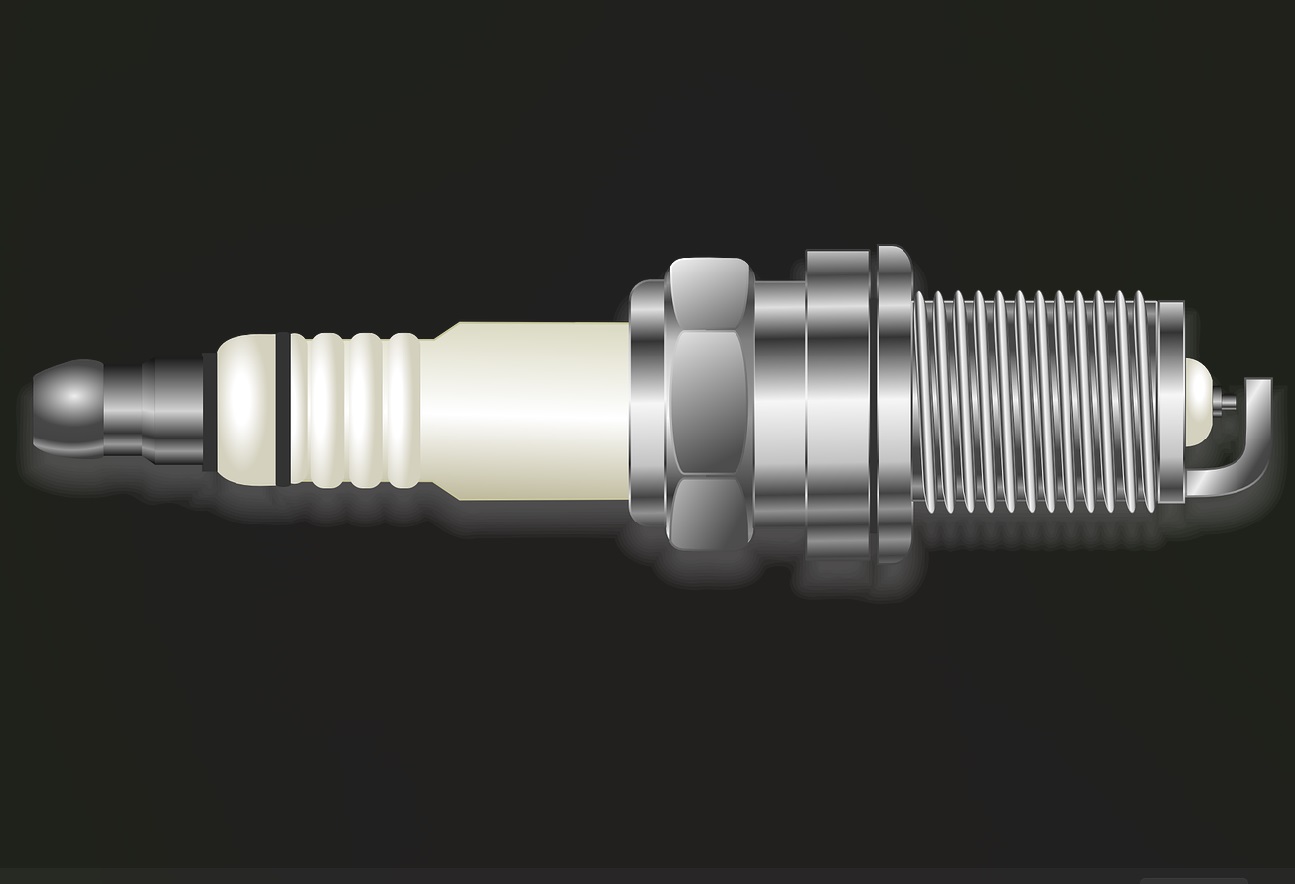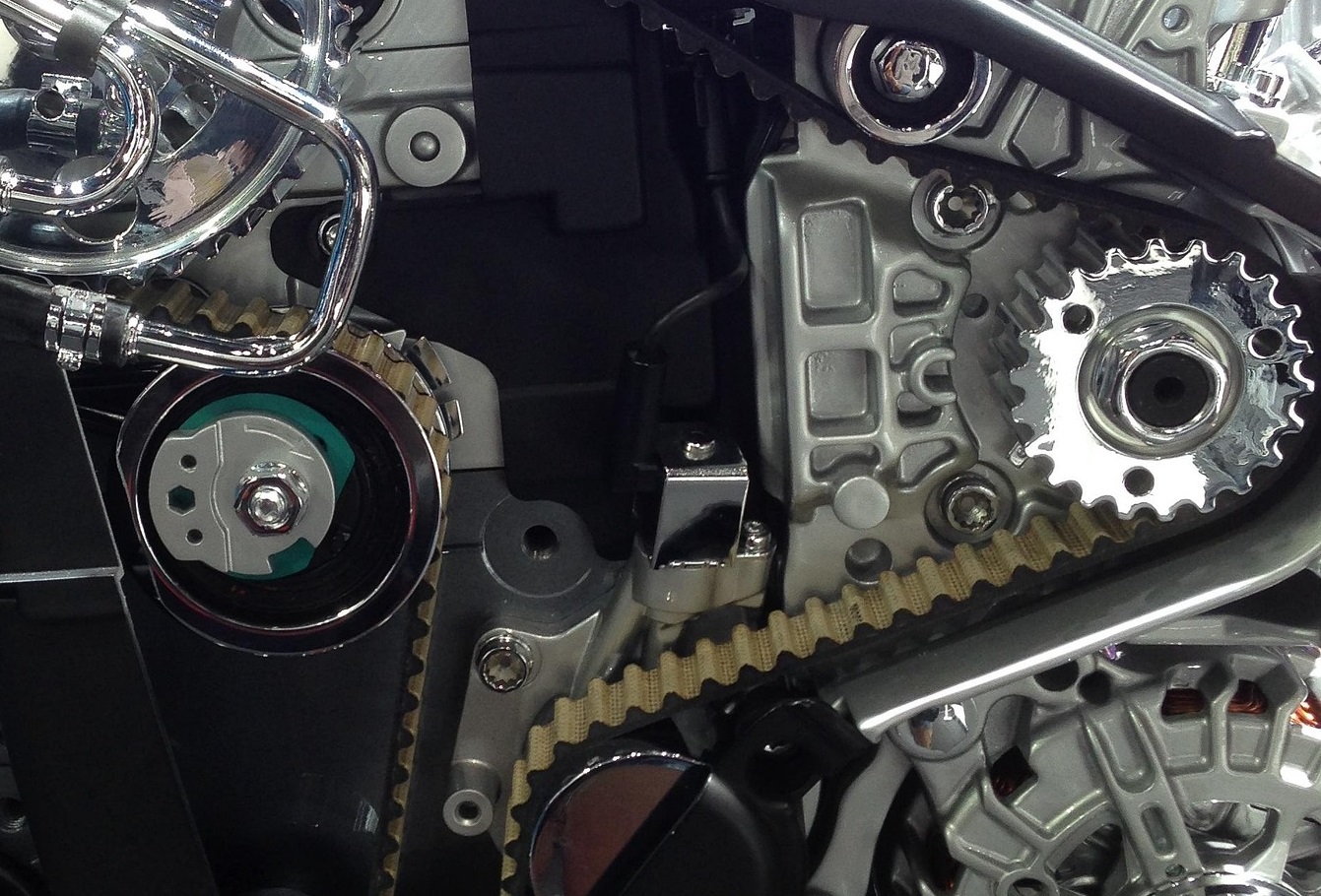How to Check Car Battery Health
Your car’s battery plays an important role in starting the engine, powering electrical systems, and ensuring smooth vehicle operation. However, like any component in your vehicle, batteries have a limited lifespan and require regular checks to ensure they’re working properly. In this guide, we’ll walk you through everything you need to know about checking your car battery health, including the signs of a failing battery and the best practices for maintaining it.
When to Check Your Car Battery
A car battery typically lasts between 3 to 5 years, but the life of your battery can vary depending on driving conditions, climate, and vehicle usage. Regularly checking the health of your car battery can help you avoid unexpected failures and costly repairs. The best time to check your car battery is during routine maintenance, but there are also key signs to look for that indicate your battery may need attention.
Check Interval Recommendations:
- Every 6 Months: Have your battery tested twice a year, especially before extreme temperatures in summer or winter.
- After 3 Years: Batteries can degrade over time, so test it even if there are no signs of failure.
Key Points to Consider:
- Driving Conditions Matter: Short trips, traffic, and long idle times put strain on the battery.
- Climate Impact: Heat breaks down components, cold slows chemical reactions. Both extremes affect performance.
- Age of the Battery: Older batteries lose their ability to hold a charge even if they still work.
Signs Your Car Battery Might Be Failing
Watch for these common signs that your battery may be nearing the end of its life:
- Slow Engine Crank: The engine takes longer to start, especially in cold weather.
- Dim or Flickering Lights: Headlights and dashboard lights may dim or flicker.
- Check Engine or Battery Warning Light: Indicates a problem with the battery or charging system.
- Swollen or Leaking Battery: Overcharging or internal damage can cause swelling or leakage.
- Electrical Issues: Radio, A/C, and power windows may work poorly or fail to operate.
How to Test Your Car Battery Health
Here are some common methods to check your battery:
1. Visual Inspection
- Corrosion Around Terminals: Look for a white, powdery build-up. Clean if present.
- Loose or Damaged Cables: Make sure connections are tight and not frayed or damaged.
2. Battery Voltage Test
Use a multimeter to measure voltage:
- Turn off the engine and remove the key.
- Set the multimeter to 20 DC Volts.
- Connect the red probe to the positive terminal and the black probe to the negative.
- A healthy battery should read around 12.6 volts. With the engine running, it should read between 13.7 and 14.7 volts.
- If it’s below 12 volts, the battery may be weak or undercharged.
3. Load Test
A load test checks if the battery can hold a charge under stress. This test is best done at a shop using specialized tools. If your battery fails the test, it should be replaced.
DIY vs. Professional Battery Check
DIY Battery Check
- Pros: Cost-effective, convenient, and helps catch small issues early.
- Cons: Requires tools and basic knowledge of electrical systems. Can’t always detect deeper issues.
Professional Battery Check
- Pros: Accurate testing, includes alternator and full system checks.
- Cons: May cost more and requires a shop visit. Some shops offer free battery tests.
What to Do After Testing Your Battery
If Your Battery is Healthy:
- Clean corrosion with a baking soda and water mix.
- Tighten all cable connections.
- Continue regular voltage checks every few months.
If Your Battery is Weak:
- Recharge the battery if it’s been sitting idle.
- Consider replacing it if it’s old or showing signs of failure.
If Your Battery is Leaking or Swollen:
- Replace immediately. This is a safety hazard. Recycle the battery properly.
Additional Tips for Maintaining Your Car Battery
- Avoid Short Trips: Take longer drives to allow the battery to fully charge.
- Turn Off Electronics: Shut off lights and accessories before leaving your vehicle.
- Use Battery Insulation: In harsh climates, use an insulator or battery blanket to protect against temperature extremes.
By staying on top of battery maintenance and watching for warning signs, you can extend its life and avoid getting stranded. A well-maintained battery helps your car run reliably and keeps all electrical systems functioning properly.


